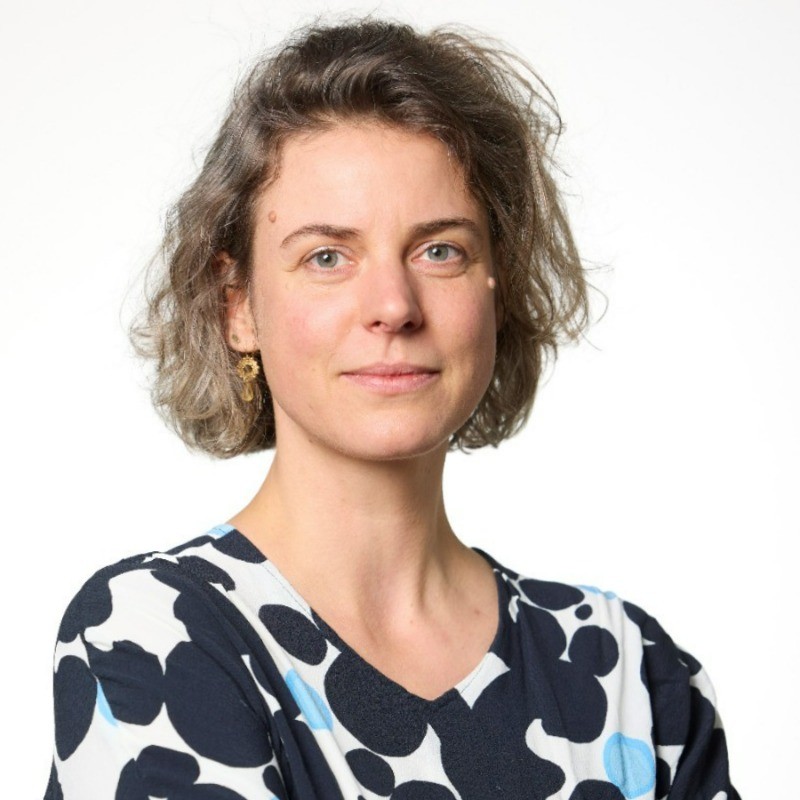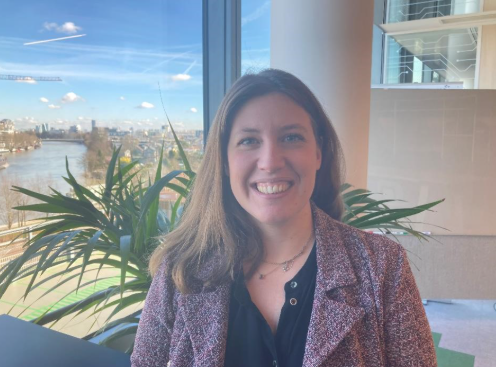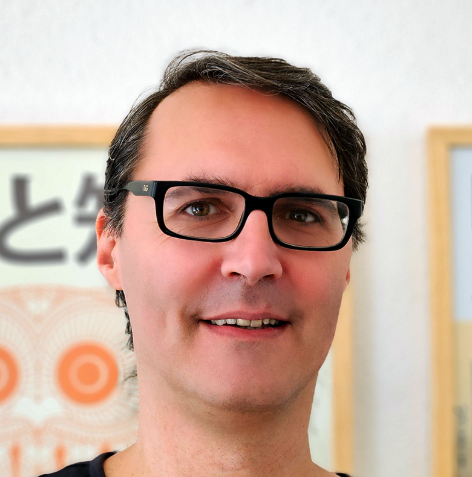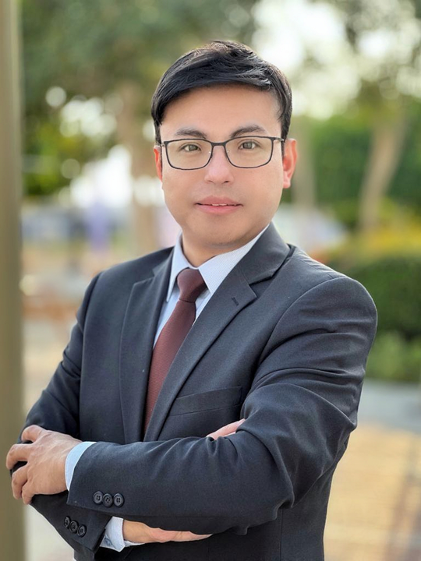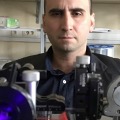Monika Heyder
The continued and active participation of representatives from associations, cities, and communities underscored the strong interest in and perceived relevance of this work to address pressing challenges. Beyond the core topics of digitalisation and climate change, we also addressed issues such as procurement, nature-based solutions, and the nature-positive economy. A representative from the Tiliria Region (Cyprus) highlighted the importance of recognising and integrating historical knowledge as a distinct asset for addressing energy and water shortages and building more resilient societies. Inspired by these debates, the Cypriot Mirror Committee will launch a new standardisation project to develop a standardised Climate City Contract for Cyprus, which will serve cities and communities in creating broad coalitions and help address climate change more systematically.
